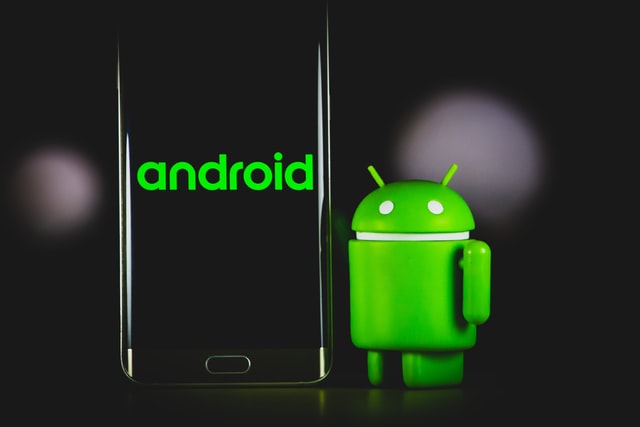With the upcoming official release of Android 12, Google has outlined a range of security and privacy improvements that users can expect to experience once the new version of the mobile operating system is launched. Android’s new iteration promises to provide users with more control over, and transparency about, how their data is being handled.
“Android is also investing in reducing the scope of permissions so that apps only have access to the data they need for the features they provide,” Google said.
What’s new in Android 12?
First off, there's Privacy Dashboard, which provides a clear and simple overview of app accesses to the device location, microphone, and camera over the past 24 hours.
Android 12 will also be adding indicators showing users in real time which apps are accessing their camera and microphone feeds. The indicators appear in the upper right corner of the display whenever an app is accessing the camera or microphone or both.
READ NEXT: Do apps need all the permissions?
“By simply going into Quick Settings, users can view the apps accessing their data. If the access is unwarranted, users can quickly navigate to the app permission page to revoke permissions,” reads the description of the new feature.
Google is also introducing toggle controls that will allow users to easily and quickly block app access to their microphones and cameras. As a safety precaution, emergency calls are exempt from the new security and privacy improvements.
Approximate location, another new and handy privacy feature, will give users the ability to prevent apps from accessing their precise locations; indeed, not every app that requests the permission to track your location needs to have your whereabouts pinpointed accurately. For example, while a navigation app does need to know your exact location, a weather app can do its job with your approximate location.
The new release also improves the safety of data copied to the clipboard, since users tend to copy and paste all manner of sensitive data, including sensitive private information such as addresses and passwords. Starting with Android 12, users will receive a notification whenever an app reads information from their device’s clipboard.
Additionally, to optimize device performance, storage and safety, Google is adding app hibernation, which will put to sleep apps that haven’t been used for prolonged periods of time. “The system not only revokes permissions granted previously by the user, but it also force-stops the app and reclaims memory, storage, and other temporary resources,” said Google.
While there is no specific date set for the release of Android 12, based on past trends consumers can expect the rollout to begin this fall. For those of you who can’t wait to try out the new features, Google has launched Beta 1 of the new operating system. You can check whether your device is eligible for it using this handy guide.
Android currently commands almost three-fourths of the mobile operating system market; however, the adoption of new versions is rather slow, with Android 11 making up just 12% of all Android versions in use.





